by Arnold Blumberg
This WWI Timeline covers the first decade of the 20th century, in which the so-called “Great Powers” of Europe attempted to advance their economic and technological prowess to out-do—or at worst, at least keep pace—with their neighbors and rivals. Expansion in overseas colonies had led to confrontation, and this was not confined to the underdeveloped world, but extended in to Europe itself, with Russo-Turkish rivalry in the Caucasus, Austro-Hungarian versus Serbian designs in the Balkans, and Italian schemes for Albania. By mid-1914 the main European nations had divided in to two armed camps: the Triple Entente (or Allies) of Britain, France and Russia, and the Triple Alliance (or Central Powers) of Germany and Austro-Hungary, each expecting—and some desiring—war.
World War I more than just a war. It was a global struggle that produced massive political and social upheaval in Europe and rest of the world. Its ramifications shaped the course of the 20th century and still affect the nations of today. Beginning 100 years ago, and lasting four grueling and grim years (1914-1918), a string of pre-war events, dating almost a half-century before 1914, led to this tragic conflict.
This WWI Timeline is not definitive, but does outline the key political and military events which can aid in further research.
[text_ad use_post=”1890″]
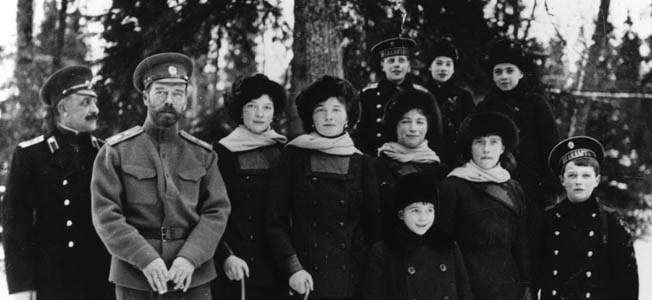
1870 to 1900: The Triple Entente, the Triple Alliance, Russia and Germany’s Young New Rulers
January 18, 1871 – Otto von Bisnmarck, Chancellor of Prussia, completes his efforts to unify the German territorial states into one nation.
May 10, 1871 – France is forced to sign a humiliating peace treaty with Germany, ending the Franco-Prussian War. France then pays Germany huge war reparations, and ceded the French providences of Alsace and Lorraine. For the next 44 years, France seethes with anger and seeks revenge on Germany for the defeat of 1870-71.
1878 – The Treaty of Berlin (or Congress of Berlin) is signed, through which European powers jointly sought to limit Russian influence in the Balkans and recreate the Ottoman Empire’s control in Bulgaria. This plants the seeds for the German-Ottoman alliance, which leads to Turkey entering World War I on the side of the Central Powers in October 1914.
1882 – The Triple Entente is formed between Great Britain, France, and Russia in a mutual defense pact. Triple Alliance responds to Triple Entente by allying Germany, Austria-Hungary, and Italy in a mutual defense treaty. However, Italy makes a secret agreement with the French Republic that she will not respect this pact as regards to France.
1888 – 29 year-old Wilhelm II becomes Kaiser Wilhelm II, Germany’s new ruler.
1894 – 26 year-old Nicholas is crowned Tsar Nicholas II of Russia, a position he did not want. Germany and Russia do not renew their former treaty of friendship. This act begins the subsequent adversary relationship between the two nations.
1898 – Germany forms a pact with the Ottoman Empire to construct the Berlin to Baghdad Railroad. This provides substantial economic advantages to Germany for eastern oil and other resources. The resulting tariff relaxation for Germany upsets the other major European powers. Soon after, an Anglo-German naval arms race begins, with Germany embarking on an ambitious warship building program designed to challenge Great Britain’s command of the world’s oceans. This is viewed by England as a grave threat to her commerce and national security, as well as her world-wide colonial possessions.
1901 – 1912: The “Bloody Sunday Massacre” and the Balkan Wars
1901 – Great Britain’s Queen Victoria, whose bloodline ran through most of the ruling houses of Europe dies. She was Wilhelm II of Germany’s Grandmother.
1904-1905 – A Russo-Japanese War results in a disastrous defeat for Imperial Russia, causing a great deal of political and civil unrest.
January 22, 1905 – The “Bloody Sunday Massacre.” Unarmed demonstrators around St. Petersburg and the Tsar’s Winter Palace march and present a petition to Tsar Nicholas II; they were fired upon by soldiers of the Imperial Guard. This caused grave consequences for the Tsar’s regime, and showed Nicholas’ disregard for his citizens.
1906 – Great Britain launches the world’s first modern battleship—the HMS Dreadnaught—as part of her effort to maintain the largest and most powerful navy on earth. The HMS Dreadnaught instantly makes all existing major warships obsolete. Her construction intensifies the naval arms race between Britain and Germany.
1908 – Austro-Hungary annexes the Balkan provinces of Bosnia and Herzegovina, creating a diplomatic furor in Europe. Russia remained the main obstacle to continued German and Austrian expansion in that region.
1912 – The First Balkan War (October 1912 to May 1913) leads to a league of territories stripping the Ottoman Empire of all of its Balkan possessions. Russia, France, and Italy support the anti-Ottoman coalition; England, Germany and Austro-Hungary support the Ottomans, but no major power wished to engage in hostilities, although Germany made bellicose statements toward Russia while supporting Austria-Hungary’s rights in the region. The Second Balkan War (June-August 1913) set Bulgaria against its former Balkan allies (Serbia and Greece), but was eventually defeated. This divide among the Balkan nations left Russia isolated with only Serbia as a Russian ally.
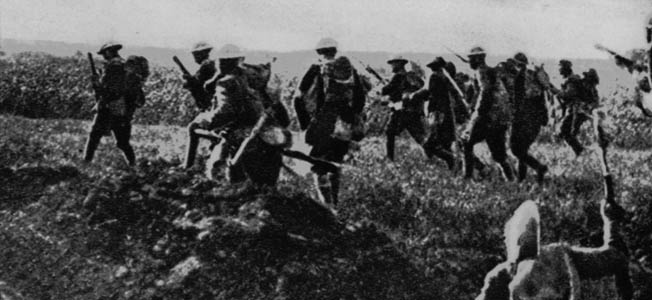

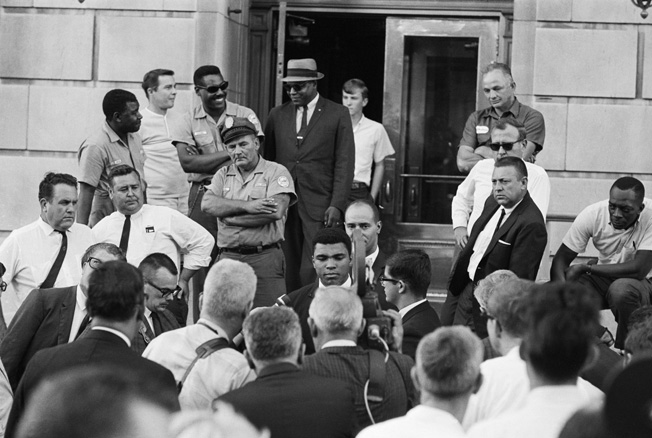
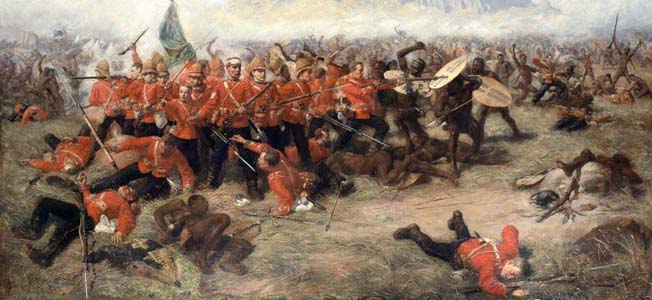
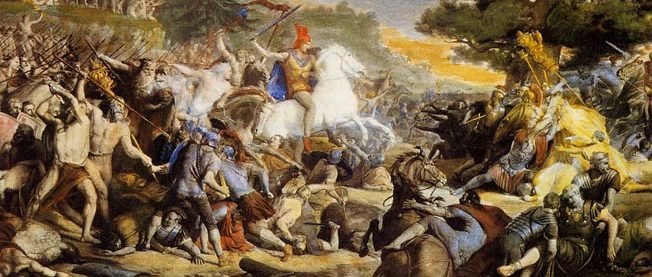
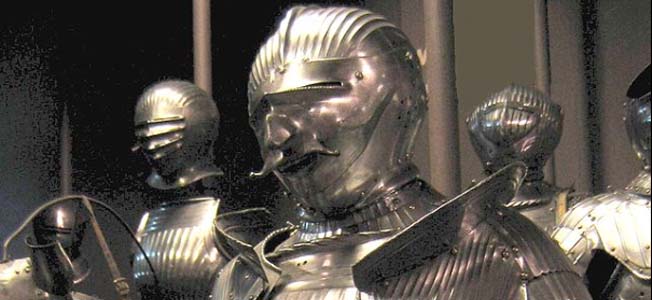
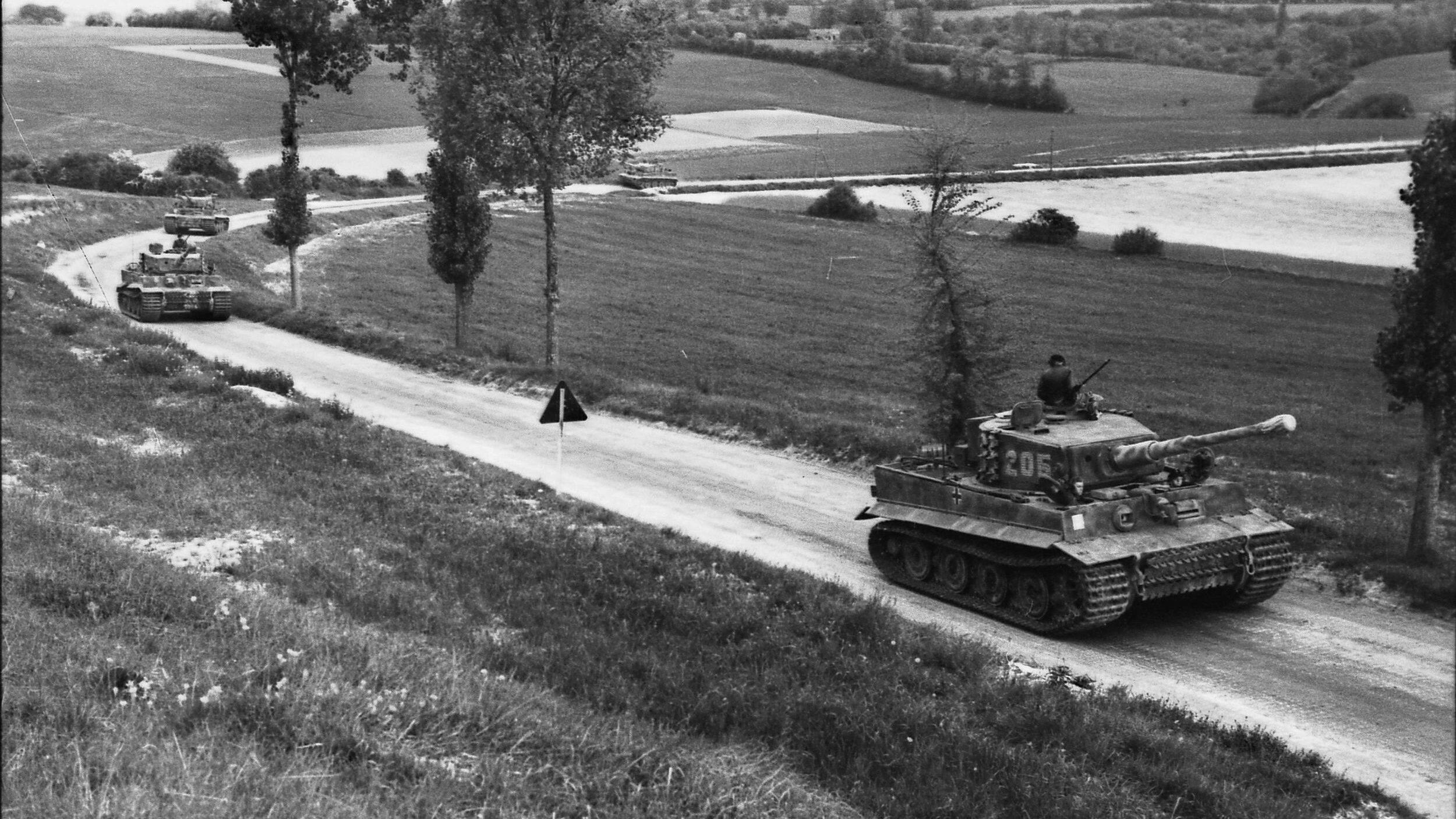
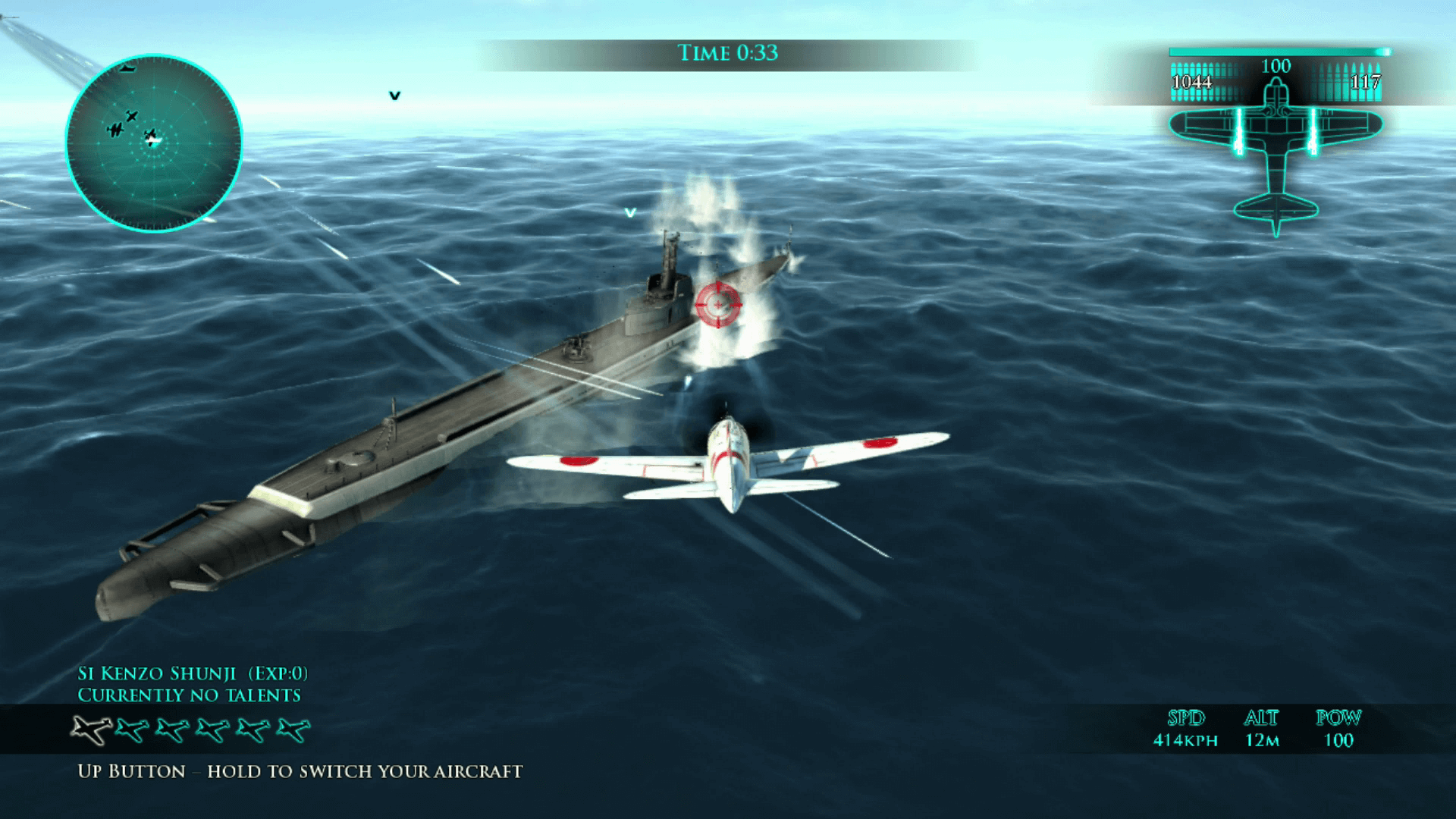
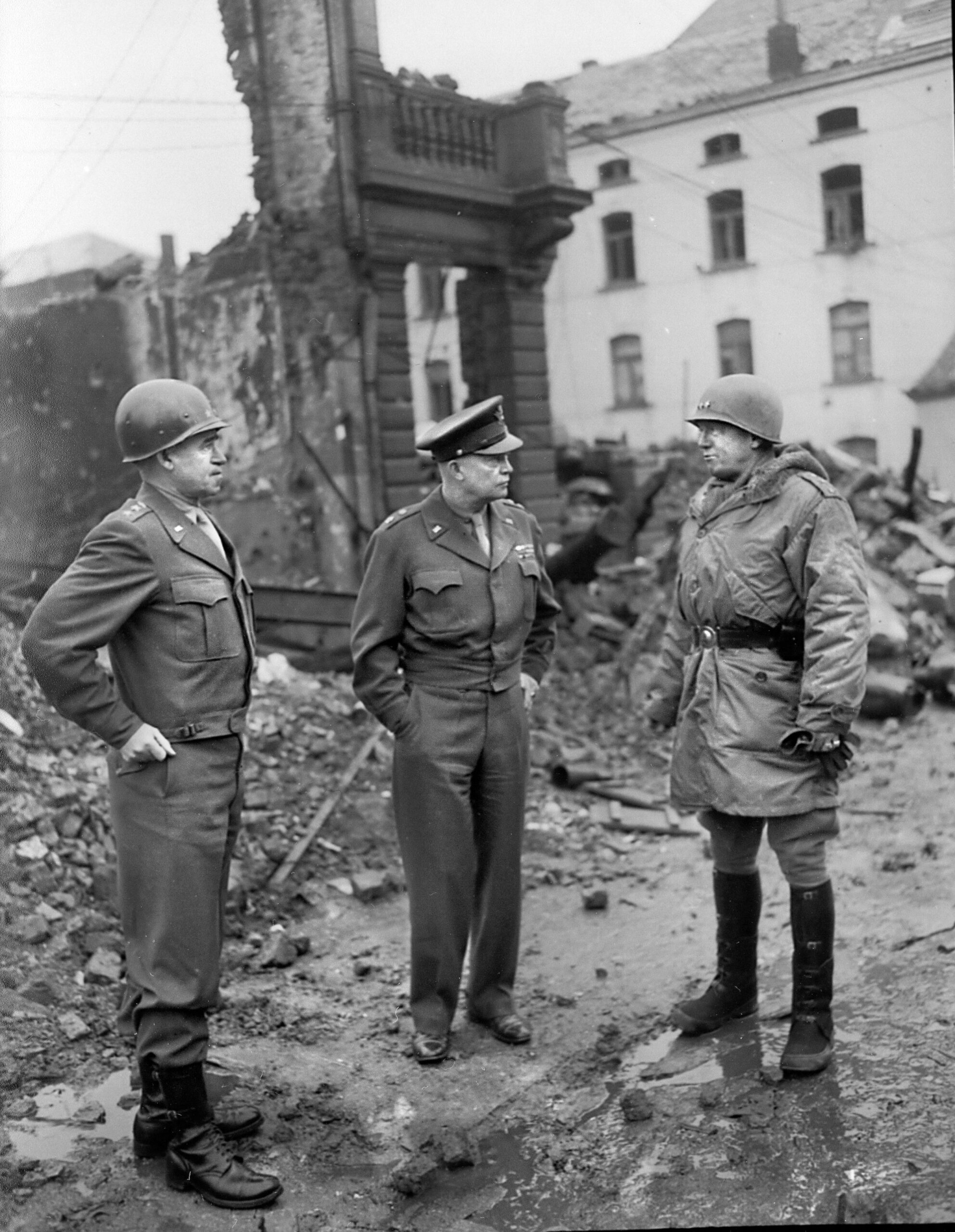
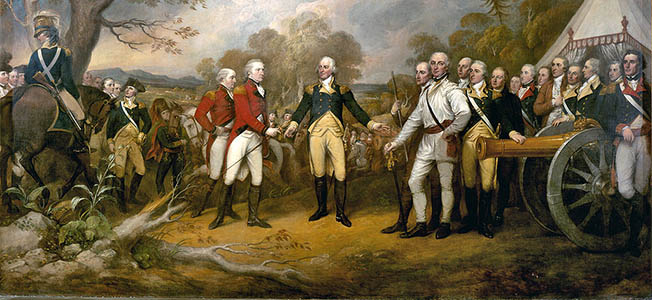
Join The Conversation
Comments
View All Comments